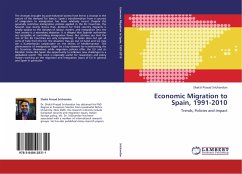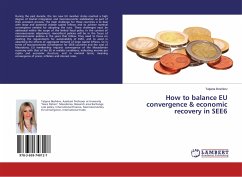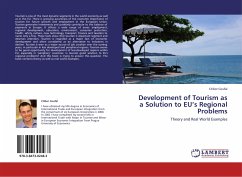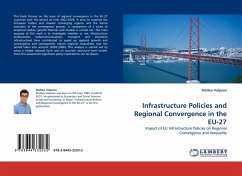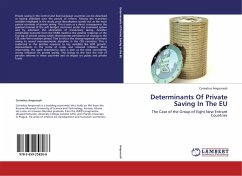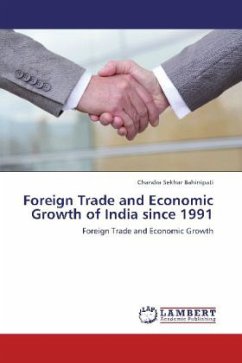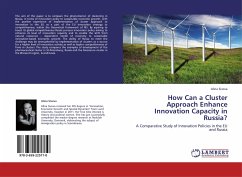The changes brought by post-industrial society have led to a change in the nature of the demand for labour. Spain s transformation from a country of emigration to immigration has been relatively recent. Despite the generally restrictive immigration policies applied in the EU Countries, the Spanish case clearly shows that, demand for third country migrants is totally subject to the dictates of labour market, and integration into the host society is a secondary objective. It is alleged that Spanish authorities are incapable of controlling immigration flows. But scholars say that the rest of the EU Countries are only complaining. If Spain does not get all sorts of help from the EU, the situation may go out of hand and we may see a humanitarian catastrophe on the shores of Mediterranean. The phenomenon of immigration might be a key element for transforming the EU Countries themselves, while migration policies offer the EU and its Member States like Spain the opportunity to embrace new challenges in a globalized world. This work is especially useful for researchers and policy makers working on the migration and integration issues of EU in general and Spain in particular.
Bitte wählen Sie Ihr Anliegen aus.
Rechnungen
Retourenschein anfordern
Bestellstatus
Storno

